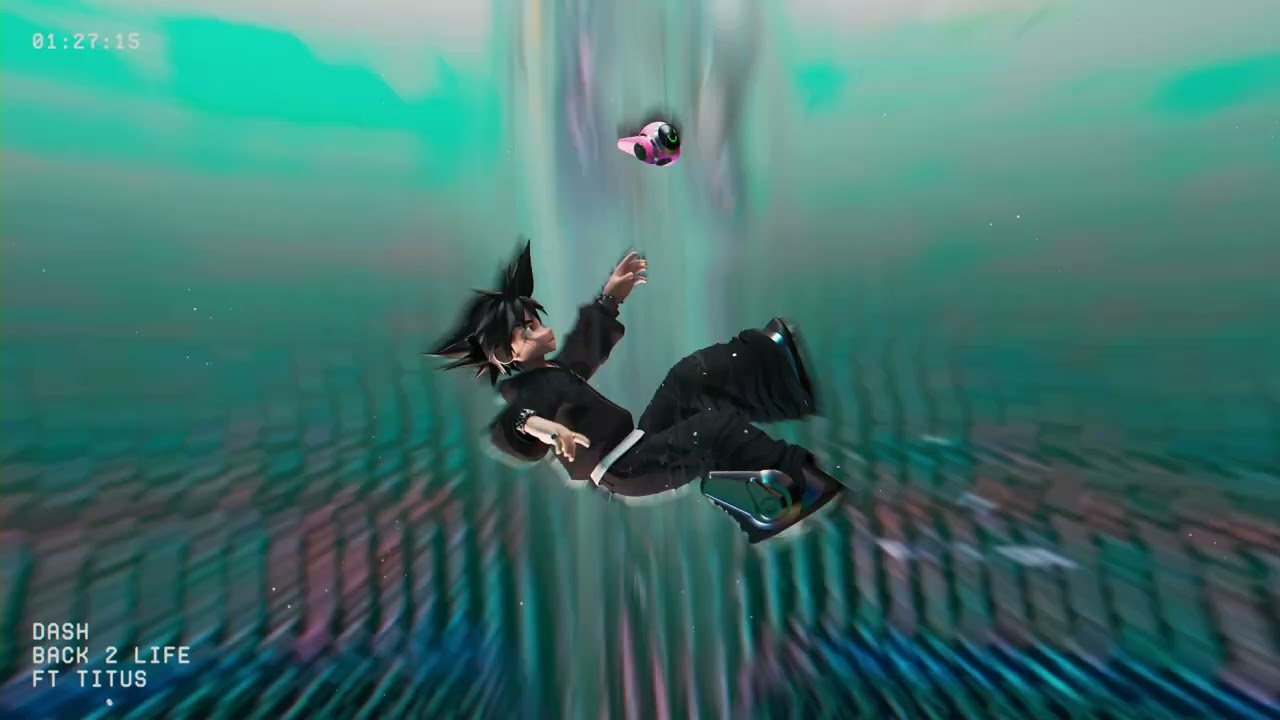WARNING: The following contains spoilers for The Promised Neverland Season 2, Episode 6, now streaming on Funimation and Hulu.
After taking a week off for a clip show, The Promised Neverland returns to follow up on the previous episode's big reveal that Norman is actually alive. Season 2, Episode 6 explains what happened to Norman since he was shipped off from Grace Field, while also setting the stage for the big moral conflict between him and Emma over what to do about the demons.
Unfortunately, the way this episode delivers all this intense information proves underwhelming. Cutting the Goldy Pond arc continues to be a mistake on multiple levels, and removing the character of Adam destroyed any foreshadowing of the Lamba farm's horrors. Even with the poor build-up, however, there was a chance to properly dramatize Norman's plight through flashback scenes. This episode wastes that opportunity.
To demonstrate this adaptation's major failings, let's take a look at how Norman's explanation of his escape from Lamba plays out in Chapter 119 of the manga in comparison to the same scene in the anime. The spoken dialogue in both versions is more or less identical (aside from the anime removing the reveal that Norman's calling himself "Minerva"), but the manga presents this information in a much more exciting way. The combination of violent flashbacks and dramatic angles sells all the pain and emotion Norman has experienced; the reader feels why he's so driven for revenge.
In contrast, the anime's version of the scene is just a bland expositional monologue, without flashbacks or interesting directing. Considering the beautiful direction of the first season (and even the Season 2 premiere), it's strange the show is now so drained of style. Is it just the pressure of completing a show during a pandemic that's responsible for this drop in quality? That's the official explanation for why the season took a break last week, and might also explain other faults in the animation (Ray appears to magically grow back his missing ear in some scenes).
Without effective dramatization, Norman's backstory not only loses dramatic impact but becomes kind of confusing. In contrast, Norman's explanation for how he plans to destroy the demons is a lot clearer because the show actually took the time to contextualize and foreshadow it. All the references to "degeneration" in previous episodes are now fully explained: demons need to eat humans, ideally the smartest humans they can get, in order to maintain human intelligence. If they don't, they become beast-like and out of control. Norman plans to poison the demons to force them to degenerate into beasts. From there, they can destroy each other and the humans will be safe.
This genocide plot places Norman in direct opposition to Emma's belief in peaceful coexistence. Ray stands somewhere in the middle between his friends; he thinks Norman probably has the right idea, but still encourages Emma to stand up for her beliefs. Talking with Norman's new associates, Vincent, Barbara and Cislo, further convinces Emma that her friend is on a wrongful path of revenge.
Is what Norman says about the demons even true? If Mujika was telling the truth about not eating humans, then clearly, at least some demons can avoid degeneration without human meat. Would the poison work on Mujika? In the episode's final scene, Emma and Ray confront Norman about this, and Norman freaks out. From Emma and Ray's description of Mujika, he declares dramatically, "The Evil-Blooded Girl is alive?"
New episodes of The Promised Neverland premiere Thursdays on Funimation and Hulu.
About The Author

